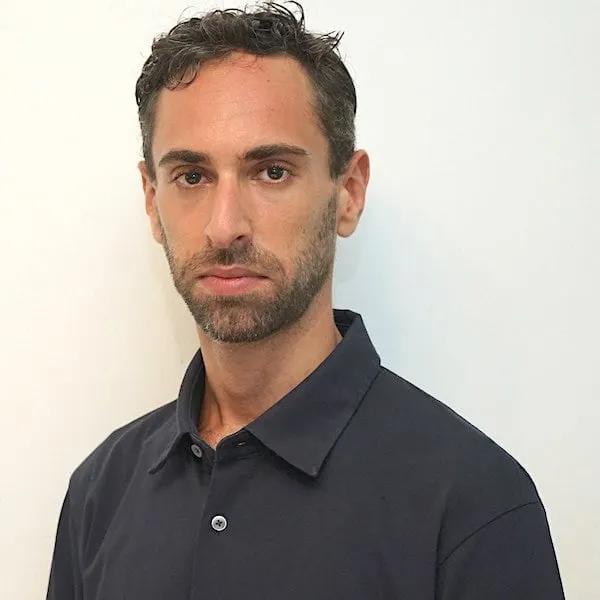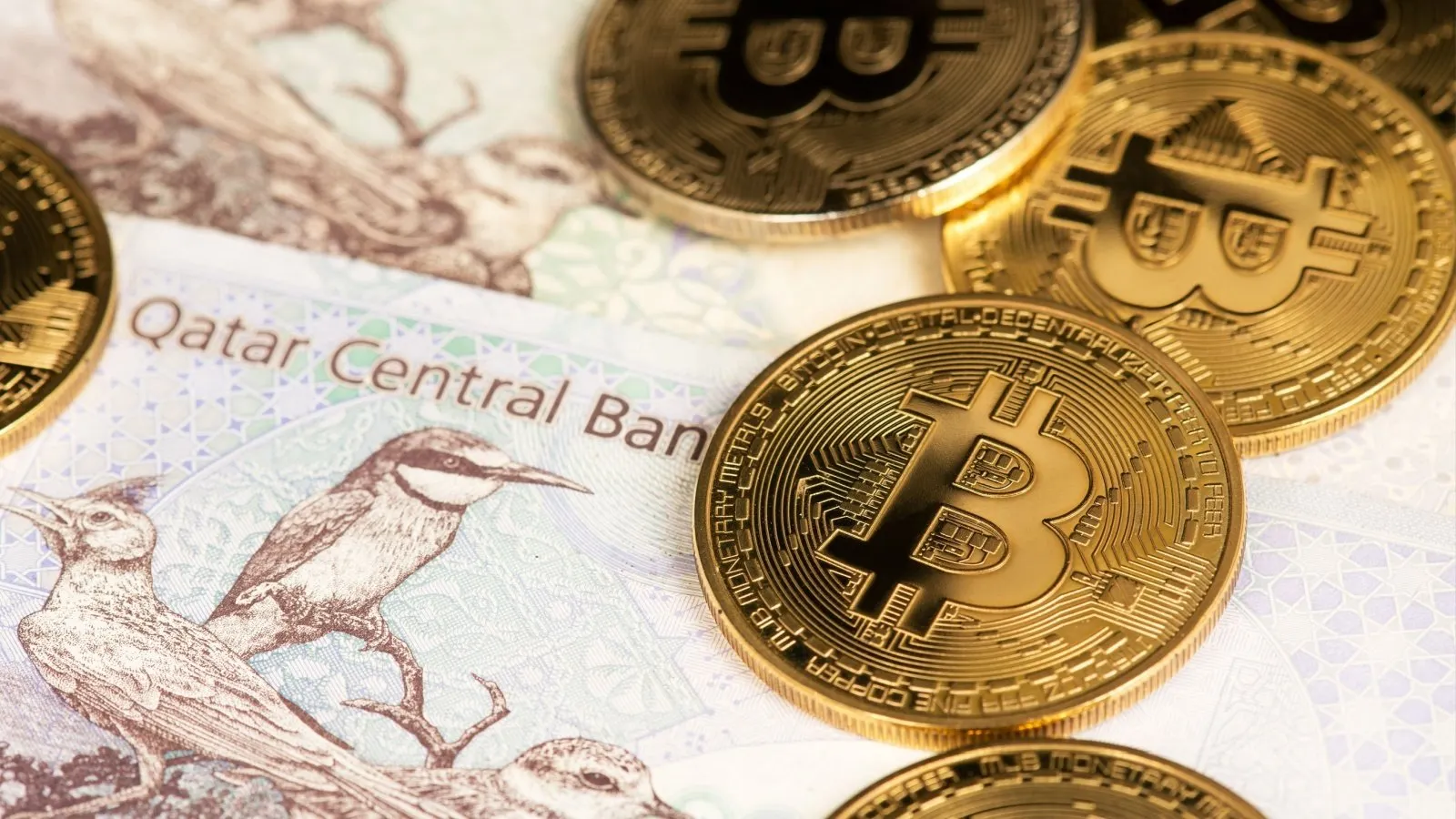Qatar is making strides toward establishing a regulatory framework for digital assets, signaling a shift from its previous hardline stance against cryptocurrencies. The wealthy Gulf state banned Bitcoin trading in 2018, but recent developments suggest it's cautiously reconsidering its approach.
Last year, Qatari financial regulators proposed a framework to regulate investment tokens backed by tangible assets. The Qatar Financial Centre Regulatory Authority (QFCRA) and the QFC Authority (QFCA) collaboratively developed this digital assets framework, aiming to bolster Qatar's digital economy strategy.
They sought industry feedback to refine the proposed regulations, with the final legislation expected in Q4 2024. The QFC also established a Digital Assets Lab to encourage innovation in financial and digital asset sectors.
"The Digital Asset Framework represents a pivotal milestone in our journey towards fostering innovation and growth within Qatar's financial landscape," Maha Al-Saadi, Head of Regulatory Affairs at QFCA, said earlier this year during an interview with Unlock Media. The lab provides a collaborative space for startups and researchers to explore solutions related to digital assets and blockchain.
However, Qatar's path to crypto adoption hasn't been smooth.
Last May, the Financial Action Task Force (FATF) accused the country of being too lax on terrorist fundraising and urged the Qatar Central Bank to be more proactive in sanctioning VASPs breaching the crypto ban. The FATF report cited 2,007 rejected transactions and 43 closed accounts linked to digital assets—but noted that no formal sanctions were applied.
Keep in mind, none of the regulatory ambiguity stopped Crypto.com from becoming a sponsor of the 2022 FIFA World Cup, which was hosted in Qatar. The press release for the news even went so far as to say the crypto exchange would be the "exclusive cryptocurrency trading platform sponsor of Qatar 2022."
Despite these challenges, Qatar is moving forward. The central bank has finished building the foundation for its digital currency and plans to test it with local and international banks.
Editor's note: This article was updated to clarify the source of the quote from QFCA official Maha Al-Saadi.
Edited by Stacy Elliott.

